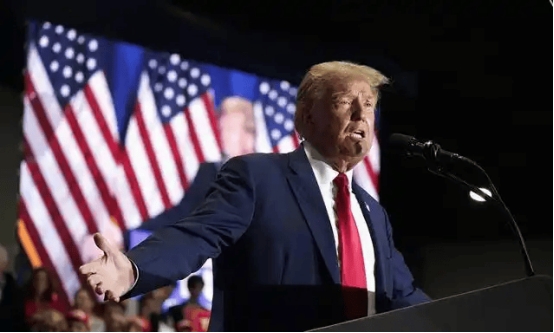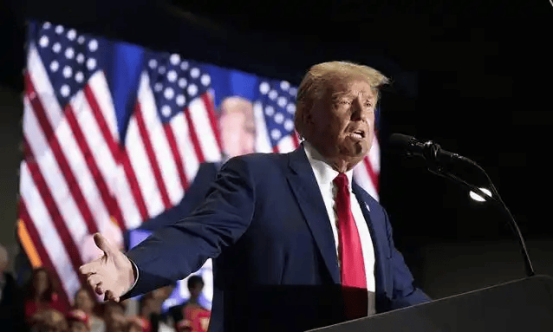Trump pushes for Gaza free zone plan, Hamas makes rare compromise: willing to hand over power in exchange for ceasefire, triggering geopolitical shock
- 2025年5月19日
- Posted by: Macro Global Markets
- Category: News


On May 15 local time, US President Trump once again proposed a plan to turn the Gaza Strip into a "free zone" at a business roundtable meeting held in Qatar, declaring that "there is nothing to save in Gaza" and advocating that the United States take over the region and lead the reconstruction, while requiring Gaza residents to relocate to neighboring countries such as Egypt and Jordan. Since the plan was first proposed in January 2025, it has repeatedly triggered strong opposition from Arab countries and the international community, and has been accused of "forcibly depriving the Palestinian people of their rights."
In response, Bassem Naim, a senior official of the Palestinian Islamic Resistance Movement (Hamas), said on the same day that Hamas is negotiating directly with the United States and is willing to hand over control of Gaza and accept the management of the area by an independent committee if a permanent ceasefire can be achieved. Naim stressed that the ceasefire agreement must include conditions such as Israel's withdrawal, lifting of the blockade, and allowing the entry of humanitarian aid, and opposed any plan to forcibly relocate residents.
However, the Israel Defense Forces continued their intensive bombing of Gaza on the day Trump made his statement, killing at least 82 people, including women and children. Hamas condemned Israel's "attempt to impose conditions under fire" and pointed out that Israel's military operations have resulted in the deaths of more than 53,000 people in Gaza, one-third of whom are children.
II. International Community Response and Geopolitical Game
Arab countries and international organizations: Egypt, Jordan, Saudi Arabia and many other countries reiterated their opposition to the "Gaza population transfer" plan, emphasizing that Palestinians have the right to remain in their homeland. UN Under-Secretary-General for Humanitarian Affairs Darfur Fletcher accused Israel's blockade policy of "using hunger as a bargaining chip" and warned that some 470,000 people in Gaza faced "catastrophic hunger."
United States and Israel: Although the White House did not directly respond to Hamas’ proposal, it stressed that “Hamas must first release all hostages and disarm.” Israeli Prime Minister Benjamin Netanyahu said the negotiations will "advance under fire" and adhere to the goal of full control of Gaza.
EU and Russia: The EU called on both sides to implement the ceasefire agreement, while Russia supported Palestine's position against forced relocation and stressed that "the Gaza issue requires a political solution."

Short-term volatility: the struggle between geopolitical risks and policy expectations
The double-edged sword effect of risk aversion: Trump's plan and Hamas' response have exacerbated the uncertainty in the Middle East. The Geopolitical Risk Index (GPR) surged 15% in a single day, pushing gold to rebound to $32,552 per ounce in early Asian trading on May 16, up more than 4% from the previous day's low of $3,120.64 per ounce. However, the market's repeated expectations for the ceasefire agreement caused the gold price to fluctuate sharply, with a range of up to $125.

Trump's "Gaza Free Zone" plan and Hamas' ceasefire proposal have exacerbated the complexity of the situation in the Middle East. The gold market has shown high volatility in the game between safe-haven demand and policy expectations.
